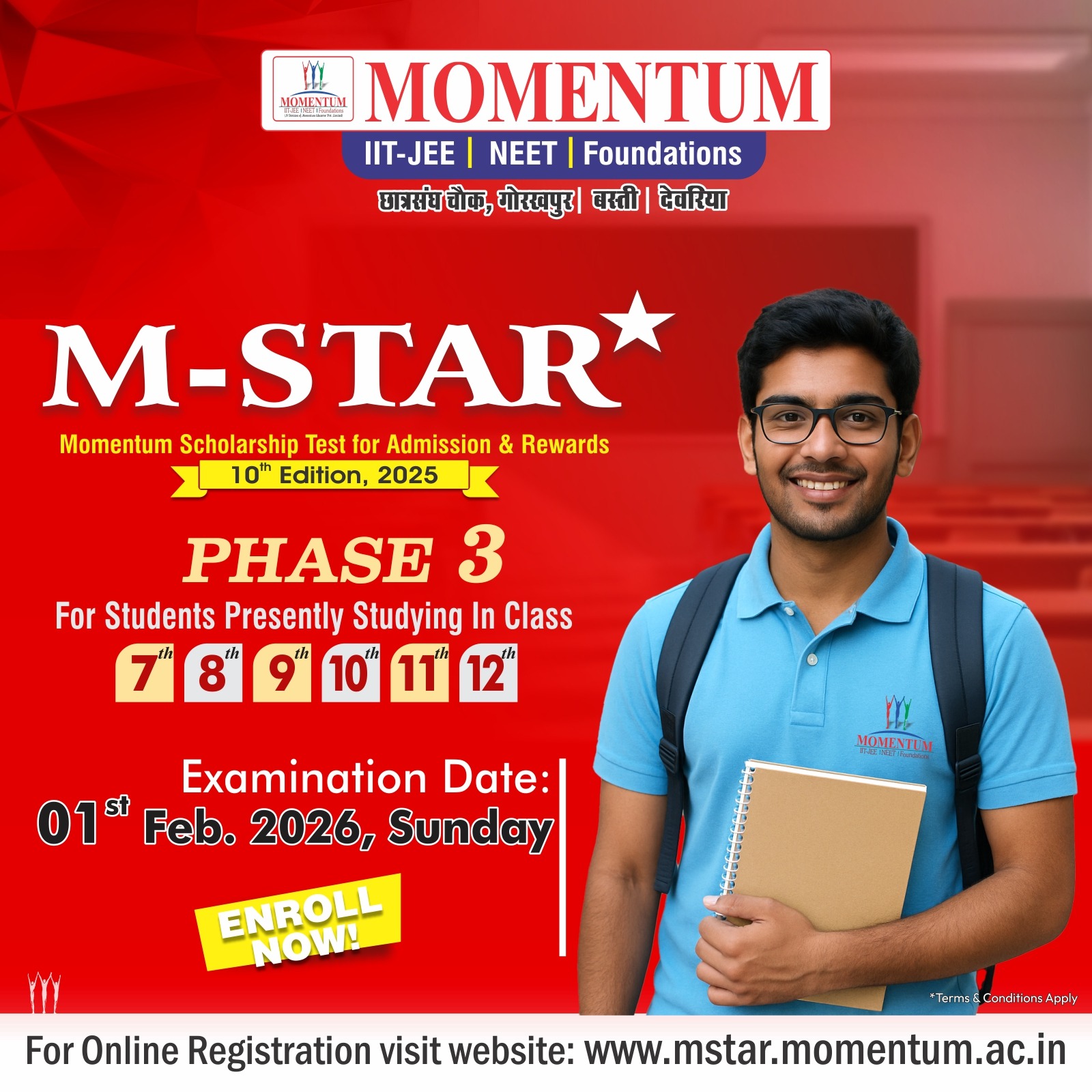How Are Complex Problems Mastered Through The JEE Advanced Test Series

The JEE Advanced examination is an extreme test for any aspirant. It is unlike any other entrance examination because it requires not just rote memorization but thorough problem-solving skills, critical thinking abilities, and high stamina to solve subjective and multi-layered questions in a limited timeframe. For most aspirants, the real challenge lies in front of complex problems requiring much more than textbook knowledge; they require creativity, practice, and calmness under pressure. The JEE Advanced Test Series revolutionizes preparation by enabling students to transform their weaknesses into strengths.
Concept Building In A Deeper Sense
The JEE Advanced problems are very rarely straight problems; they are made complex with interweaving concepts, allowing students to jump between ideas and use them in innovative ways. Test series thus provide for the all-important regular practice of going beyond densified learning. With every paper, concepts emerge that require students to integrate physics, chemistry, and mathematics in new ways. How are test series built under conceptual clarity?
- Multi-concept problem exposure makes aspirants think beyond a single formula or rule.
- Regular practice enhances chapter interconnectivity with greater scope for flexibility and adaptation in problem-solving.
- Students are taught to switch perspectives and analyze one problem in more than one way.
Strategies To Solve Multi-Step Questions
Students often get stuck with questions that require two or more steps for the correct solution. The essence of the Best JEE Advanced Test Series from Momentum lies in teaching the students to break such complex problems down into simpler bites.
Why is a strategy key to multi-step problems?
- Segmenting a question reduces the mental load and makes it less threatening.
- Due practice stops aspirants from making mistakes that come easily to them when they are trying to solve everything in one go.
- This keeps candidates in a real system of working to do so, which is quite beneficial during dreaded exam pressure for time-saving and higher accuracy.
Enhancing Analytical and Logical Thinking
The JEE Advanced exam is designed to extend beyond rote memory testing and into areas rewarding talent in analytical and logical reasoning. To enhance these, continuous practice through a structured test series becomes a vital part of preparation. Each test paper defies the mold by challenging the aspirants with irrelevant, indirect yet plausible questions that test the boundaries of theoretical knowledge in not-so-obvious ways. In a way, with passage after passage of such questions, students start identifying clues or cues buried in pragmatically detailed problem statements and put them to effective use for deriving the right solution. Thus, the final layering of exposure, practice, and adjustment makes for that fine analytical understanding that separates those who score high.
Connect Preparation With The Appropriate Study Material
In scoring an exam, mock tests play a crucial role, but they are not everything, as the right resources actually form the backbone of preparation. The Best Study Material for JEE Advanced has very comprehensive coverage of concepts, graded difficulty levels, and further practice problems that firmly strengthen the core understanding. It needs to combine study materials and the test series because:
- While study material branches into core knowledge, the test series applies knowledge to the core under time pressure.
- Quality resources would allow practice questions to mirror the real exam's level of complexity.
- Together, they create a wholesome ecosystem of learning, revision, and application.
Learning Time Management Alongside Problem-Solving
It's wonderful how aspiring JEE Advanced students often underestimate time management as an important factor when dealing with various complex problems. However, even the best students end up losing marks by trying to resolve just one question for too long, leaving less time to put down the other questions. This is where the test series comes in; it prepares students to find a balance between speed and accuracy. Repeatedly doing this makes the aspirants understand which problems to attempt first and which are better left to the end, ensuring maximum efficiency during the exam. Time management gradually ceases to become a problem and emerges as a formidable weapon.
These days, solving complex problems to a degree of mastery in JEE Advanced requires more than just intelligence; it requires organized practice, exposure to smarter tactics and an ability to put oneself under pressure. An adequately framed test series allows aspirants to achieve the three by merging realistic practice with deep analysis. Coupled with good study materials and a highly disciplined preparation regimen, it endows the aspirants with the ability to not only confront the most difficult questions but also conquer them. In the end, this guided route to deal with the complex problems is the differentiating factor between an average score and a top rank.


z2r9.jpg)






ug3e.jpg)
ewid.jpg)



oqai.jpg)
ecyy.jpg)




